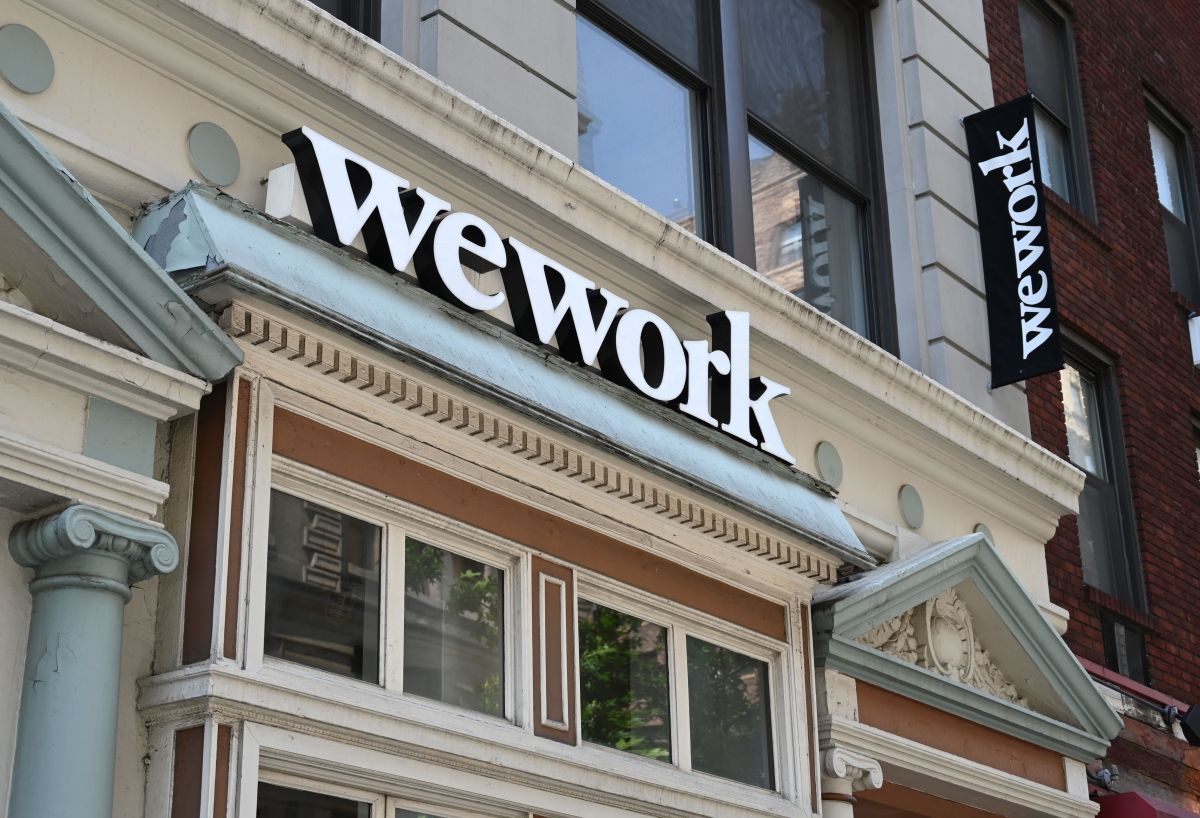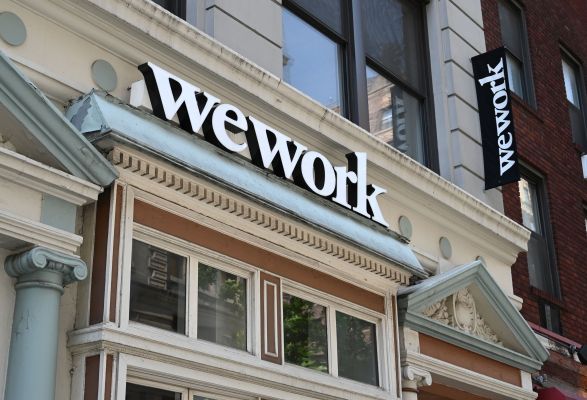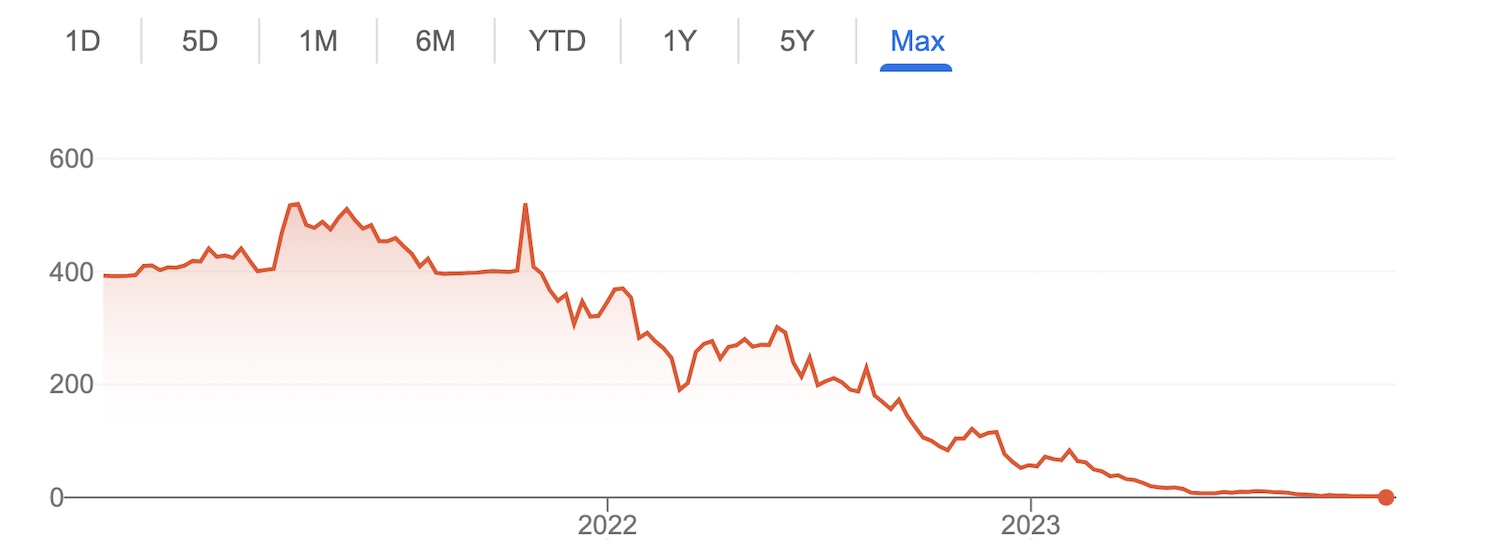Business
WeWork, once valued at $47 billion, files for bankruptcy


Flexible-office-space firm WeWork has filed for Chapter 11 bankruptcy protection, a remarkable collapse for the once high-flying startup co-founded by Adam Neumann and bankrolled by SoftBank, BlackRock and Goldman Sachs.
The New York-based firm, which raised over $22 billion and was valued at $47 billion at its peak, has listed both assets and liabilities in the range of $10 billion to $50 billion in its petition filed in a New Jersey federal court.
WeWork chief executive David Tolley said about 90% of the company’s lenders have agreed to convert their $3 billion of debt into equity. “Now is the time for us to pull the future forward by aggressively addressing our legacy leases and dramatically improving our balance sheet,” he said in a statement.
WeWork’s bankruptcy filing is limited to locations in the U.S. and Canada, it said.
WeWork India has emerged as one of the strongest units in the WeWork franchise, and is largely insulated from the bankruptcy as majority of it is owned by Embassy Group. The India unit makes money and doesn’t need external capital to operate, the India head said in a statement today.

Shares of WeWork that once peaked at over $500 fell 99.8% to less than a $1.
WeWork is grappling with the fallout from a period of aggressive growth that resulted in a portfolio of many underperforming properties.
The company signed long-term leases during the market’s peak in the late 2010s, refurbishing these locations and subsequently leasing them out on terms as short as one month. The firm’s strategy met with substantial challenges as the pandemic eroded demand for shared workspaces, leading to increased vacancies and continued financial obligations to landlords amounting to billions of dollars in rent.
WeWork’s initial public offering faced setbacks in 2019 due to concerns over losses and governance, leading to the withdrawal of its IPO and the exit of chief executive Neumann. Neumann’s departure led to a costly settlement with WeWork and SoftBank in 2021. The company eventually went public via a SPAC merger, valuing it at $9 billion, and forecasted $2 billion in cash operating profit by 2024.
Neumann called WeWork’s bankruptcy filing “disappointing.” In a statement Monday, he said: “It has been challenging for me to watch from the sidelines since 2019 as WeWork has failed to take advantage of a product that is more relevant today than ever before. I believe that, with the right strategy and team, a reorganization will enable WeWork to emerge successfully.”

A still from WeCrashed, a TV show produced by Apple. The spectacular rise and fall of WeWork has also been subject of several books and TV shows. (Image: Apple)
WeWork restructured its balance sheet this year, reducing debt by $1.5 billion and delaying debt maturities to 2027. Despite these efforts, the firm’s market value has plummeted to less than $50 million, and bankruptcy may lead to the cancellation of existing shareholder shares, with bonds now trading at distressed levels.
“We defined a new category of working, and these steps will enable us to remain the global leader in flexible work. I am deeply grateful for the support of our financial stakeholders as we work together to strengthen our capital structure and expedite this process through the Restructuring Support Agreement. We remain committed to investing in our products, services, and world-class team of employees to support our community,” said Tolley.
In its earnings disclosure in August, WeWork publicly acknowledged “substantial doubts” about its ability to continue.
-

 Business7 days ago
Business7 days agoHow engineering leaders can use AI to optimize performance
-

 Entertainment5 days ago
Entertainment5 days agoiPhone 15 Pro Max vs. Pixel 8 Pro camera comparison: the results shocked me
-

 Business5 days ago
Business5 days agoIn Mamaearth, Peak XV finds its fourth 10x return since Sequoia separation
-

 Business3 days ago
Business3 days agoPrime members can now get a One Medical membership for $9/month
-

 Business4 days ago
Business4 days agoNintendo confirms live-action Zelda movie is in the works
-

 Business6 days ago
Business6 days agoThe circular economy promises to remake retail. Why is it so hard to trust?
-

 Business5 days ago
Business5 days agoGenerative AI shouldn’t reduce your startup’s marketing headcount
-

 Business2 days ago
Business2 days agoBob Iger says Disney would like to stay in India amid Hotstar’s subscriber dip

























